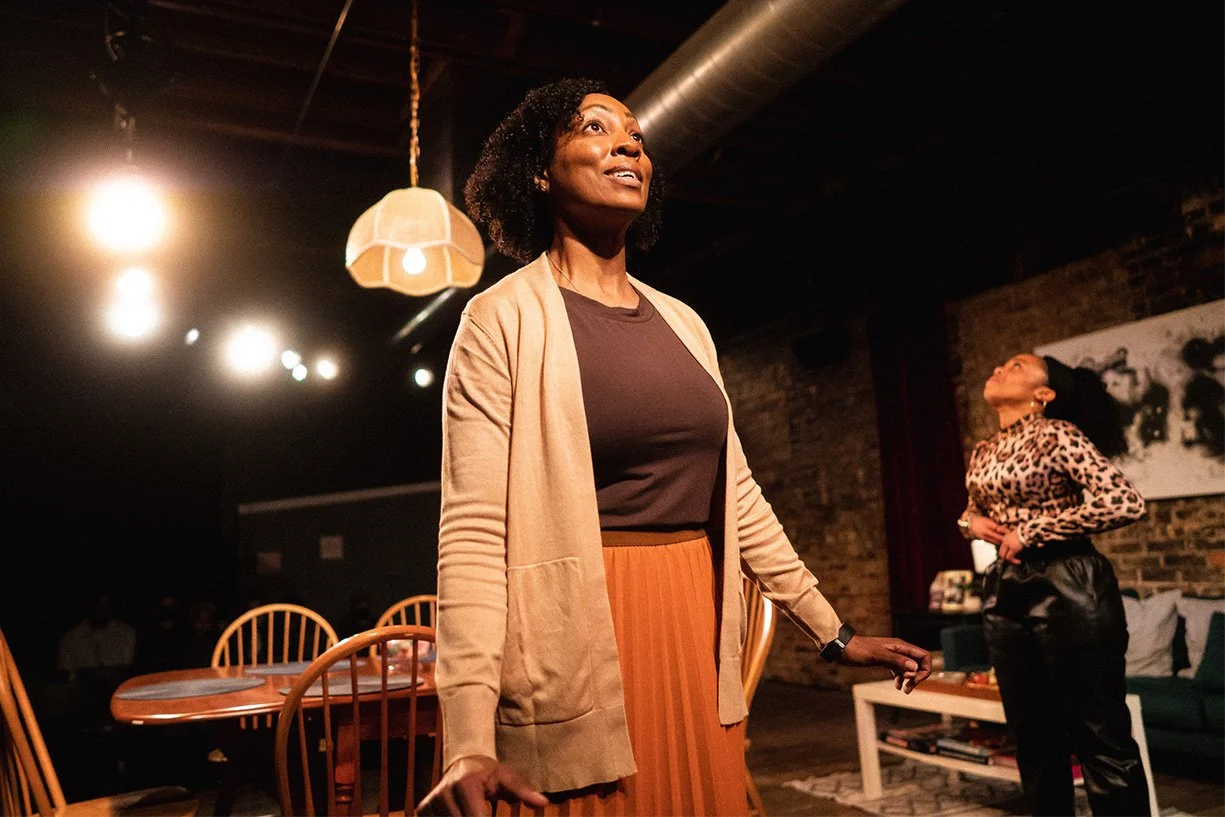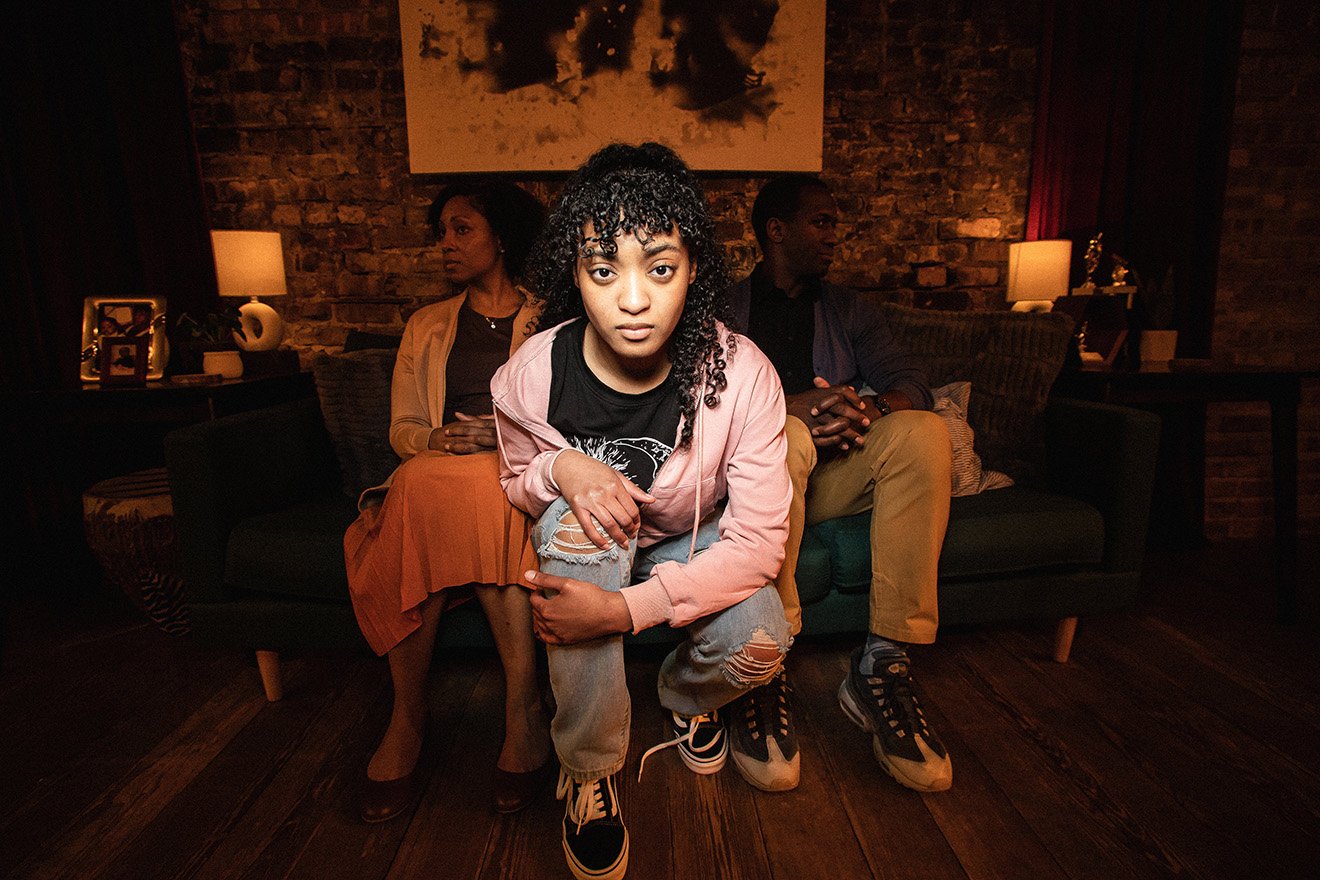Fairview
In the '60s, only two African-American television sitcoms, The Cosby Show and Julia featured actress and singer Diahann Carroll. However, by the '70s, sitcoms for African-Americans were booming, from two to twelve shows. However, as the decades continued, shows for African Americans diminished due to low viewership from white Americans. Fairview follows an African-American family where Beverly frantically prepares a birthday dinner for her mother. While she complains about avoiding the frustration of dealing with her know-it-all sister Jasmine and her brother Tyrone being late and possibly missing his mother's party, Beverly's husband Dayton and daughter Keisha try to stay out of her way. However, things go amidst when Beverly's sister Jasmine arrives at her home, causing conflict between the sisters. Finally, Beverly becomes so upset that things will not go as planned that she faints. But as reality and fiction collide, Keisha notices that certain people are out of place, and blurred lines intermingle the stereotypical views of whites regarding the lifestyles of black families. It examines the conflict of families and how racism within our society fuels racial bias, division, and corruption.
Act One center around Beverly's seemingly OCD issues with perfection and sibling rivalry with her sister Jasmine. Martasia Jones was outstanding as the bratty little sister who saw herself as the favorite daughter and the cool aunt. The drama within the family was typical, but Jones's acting added some humor and intriguing appeal, but the storyline took a surprisingly bizarre twist in the second act.
Act Two starts like Act One as the character comes on stage doing the same things without speaking. This silent movie approach, where the black actors mimic the same actions from Act One, was perplexing, and if that wasn't abnormal, we see a group of White characters commentated on race, asking the question, "If you had the choice, what race would you be?
Jackie Sibblies Drury is a Brooklyn-based playwright whose style for Fairview, inspired by an experience with police surveillance, seeks to shock white audiences into submission about race, an effective method. But, unfortunately, just as I've witnessed from whites leaving the play Pass Over, starring Jon Michael Hill, most lose that empathy on their way home.
The transition from black actors on stage to white actors off-stage, commenting on black life, was puzzling, making you feel like someone changed the channel to another theatrical play. And the duel on and off stage acting was unbearable. The white people, Jimbo, Suze, Mack, and Bets, discuss race. Still, when Suze, who passionately tells the story of her being raised by a Black woman, chooses to be African-American, the truth about how others view blacks in society comes to the forefront. Likewise, Keisha is notably uncomfortable as a White woman plays her grandmother, and her best friend and uncle are white. The discombobulation within this play (the connection of the food fight, simulating a form of chaotic behavior within the family) can further cause audiences to be lost, failing to connect the true meaning of Drury's play. However, the extraordinary excellence ending, where Jada Jackson, playing Keisha, brings the white audience into an emotional performance, articulating the importance of listening to Blacks speaking their stories, saves this production.
Drury's Fairview message is enthralling; however, the connection between the acts is confusing, deluding the powerful statement about removing the biases of racism to bring about equality and unity.
Let's Play Theatrical Review Recommends Fairview.
def.in.ition THEATRE at The Revival
FAIRVIEW
By Jackie Sibblies Drury
Directed by Tyrone Phillips
April 28 - May 21, 2023



